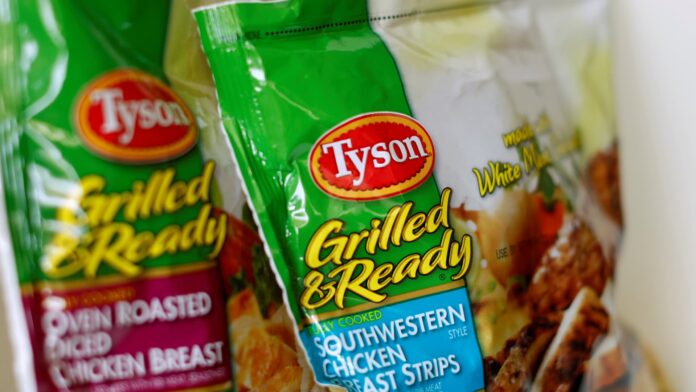The stock market could fall even further, and investors should look for stocks that have the support to hold steady, according to Goldman Sachs chief U.S. equity strategist David Kostin. Stock futures pointed toward a brutal open Monday on the heels of Wall Street’s worst week since January. The pullback comes as investors have become increasingly worried about a recession as the Federal Reserve tries to fight sky high inflation. In the case of a recession, Wall Street earnings estimates are way too high and stocks could have significant downside from here, Kostin wrote in a note to clients over the weekend. “Some analysts have recently trimmed EPS estimates but the consensus profit outlook remains above our forecast. Prices move faster than analyst estimates. If by year-end consensus 2023 EPS estimates move halfway towards our top-down forecast of $239 and the P/E multiple remains constant at 17x, the implied index level would be 4165. In a recession, if the EPS estimate moves halfway to $200, a 14x P/E would bring the S & P 500 to 3150,” Kostin wrote. However, a recession does not impact every stock in the same way. Goldman recommended investors look to dividend payers and stocks with a “margin of safety,” or stocks that “trade at valuations below past bear market lows even after theoretical EPS haircuts.” The list includes several energy stocks, which still trade at relatively valuations despite being major outperformers this year. Chevron and EOG Resources entered this week up 49.5% and 62.1%, respectively, year to date. Many energy companies have pledged to focus on shareholder returns, which could help support the stock prices and dividend growth even if an economic slowdown brings oil prices off their current boil. Other stocks on the list have underperformed the market this year, however. Best Buy is down 29.4% year to date, while T. Rowe Price has shed more than 40%. One benefit for Best Buy is that the retailer already lowered its guidance last month, meaning that the stock may be ahead of the curve in being repriced by investors. T. Rowe Price, on the other hand, sports an attractive dividend yield of more than 4%. The stock already trades well below its price-to-earnings valuation from March 2009 and only slightly above its level from March 2020, according to Goldman. — CNBC’s Michael Bloom contributed to this report.
© heardonwallstreet.com


